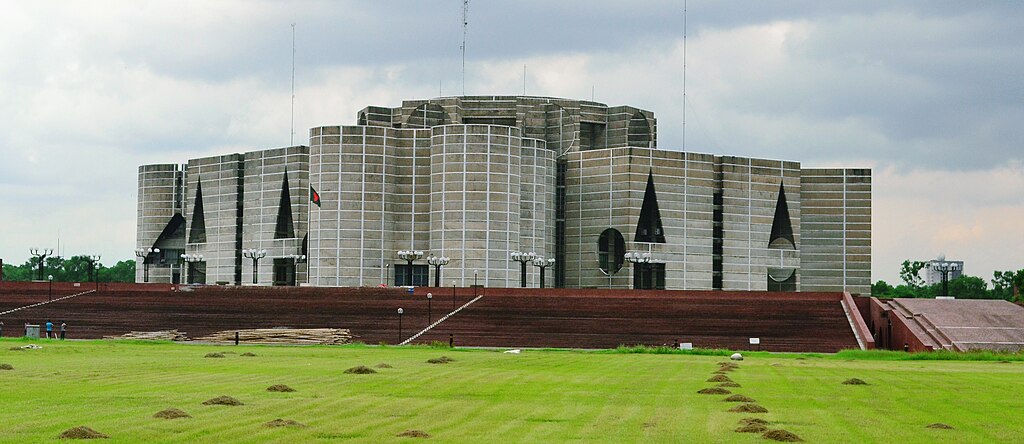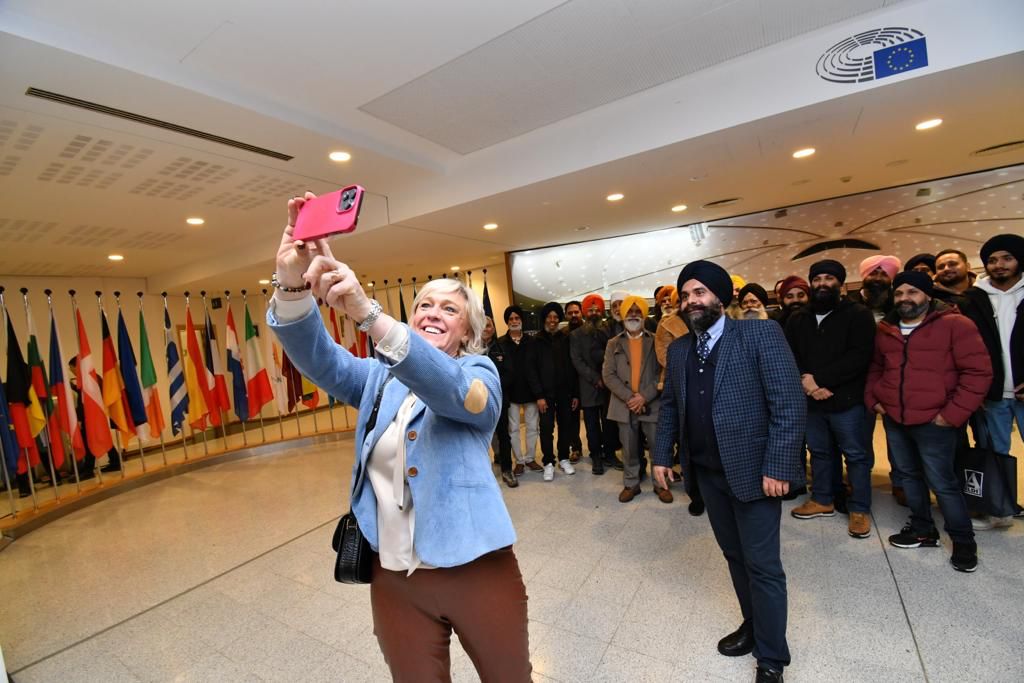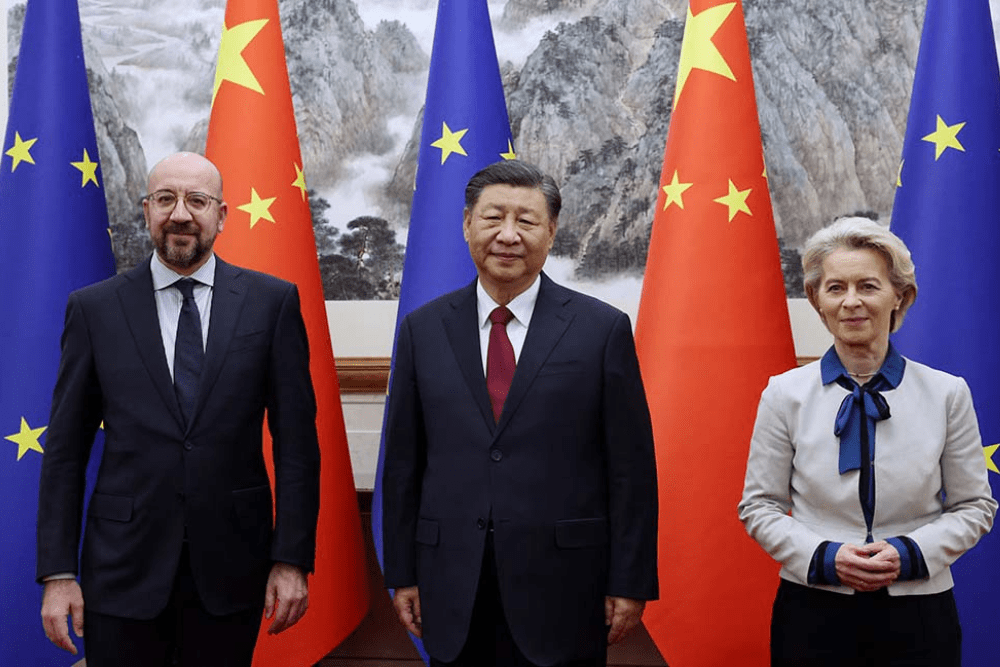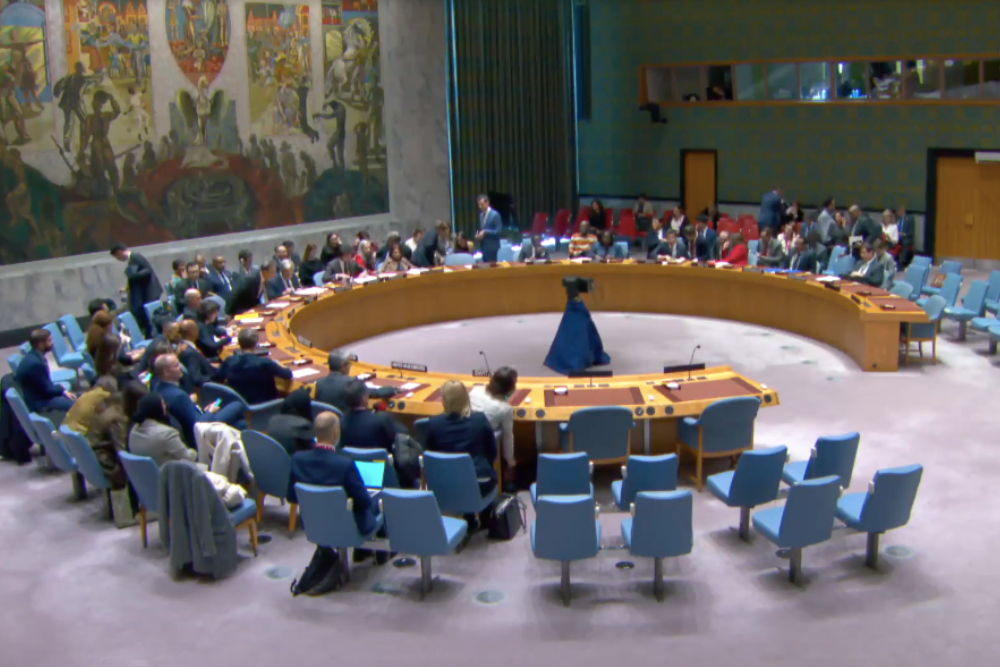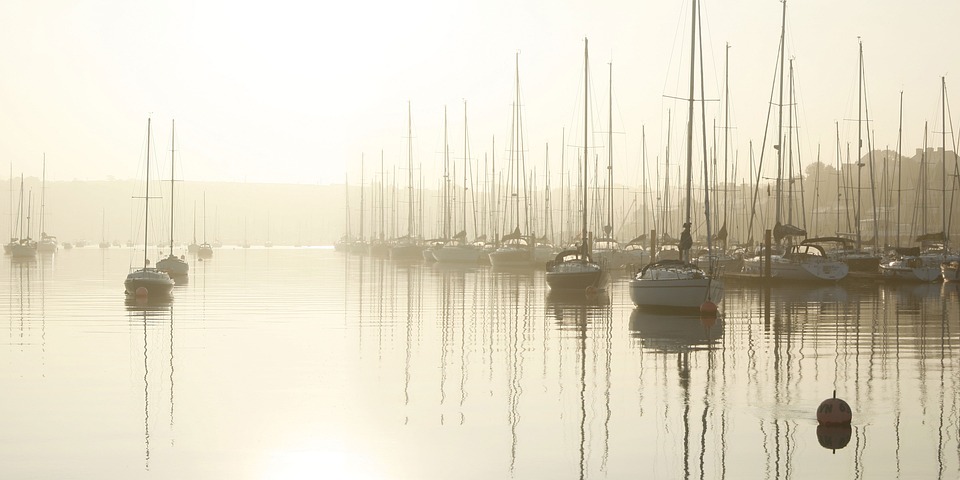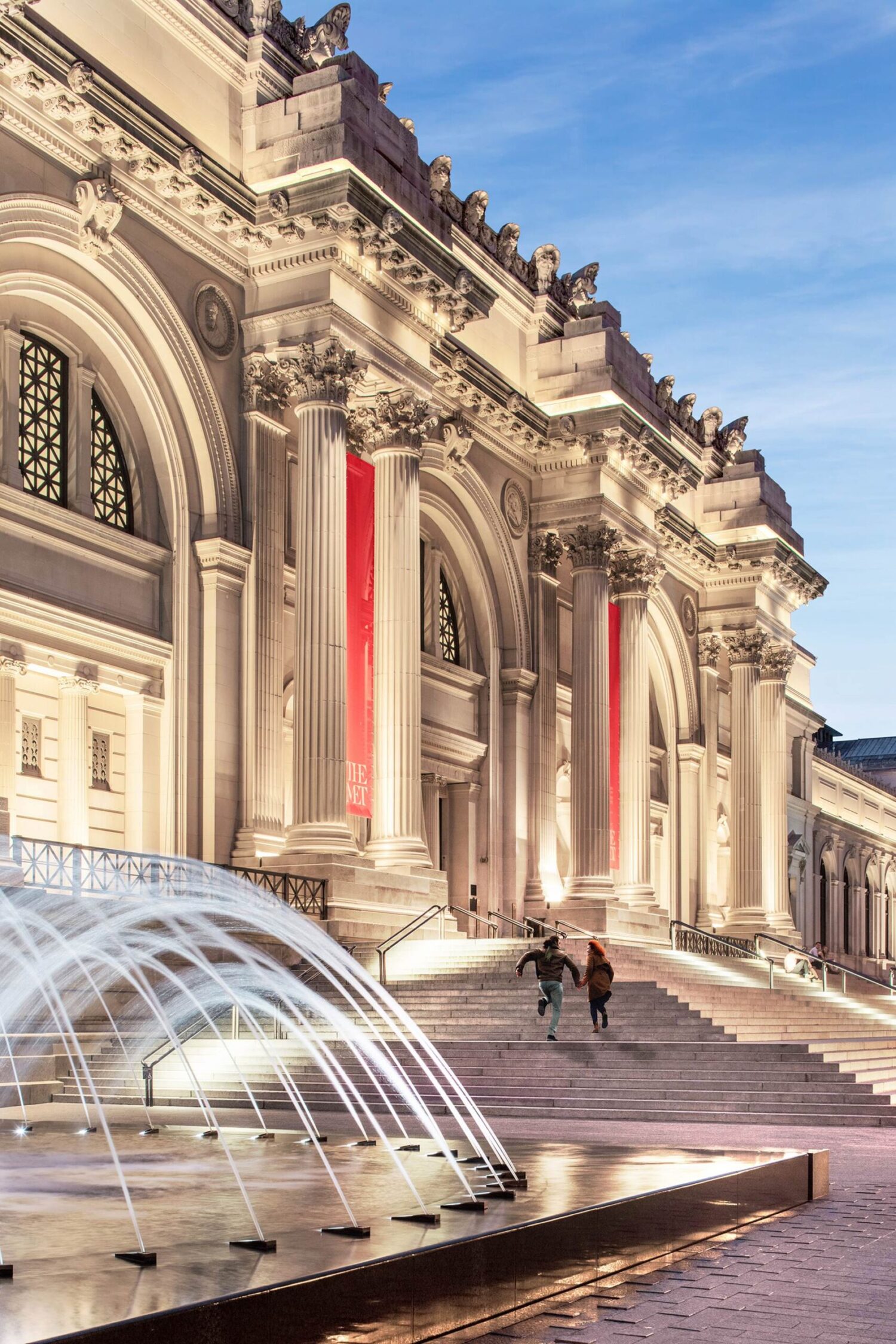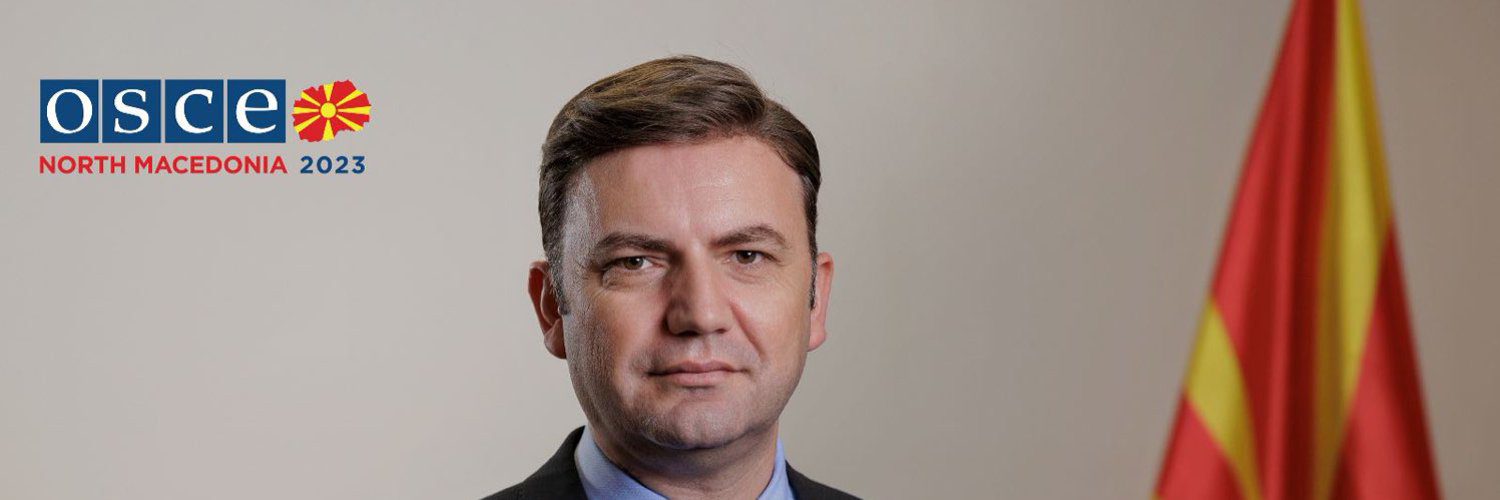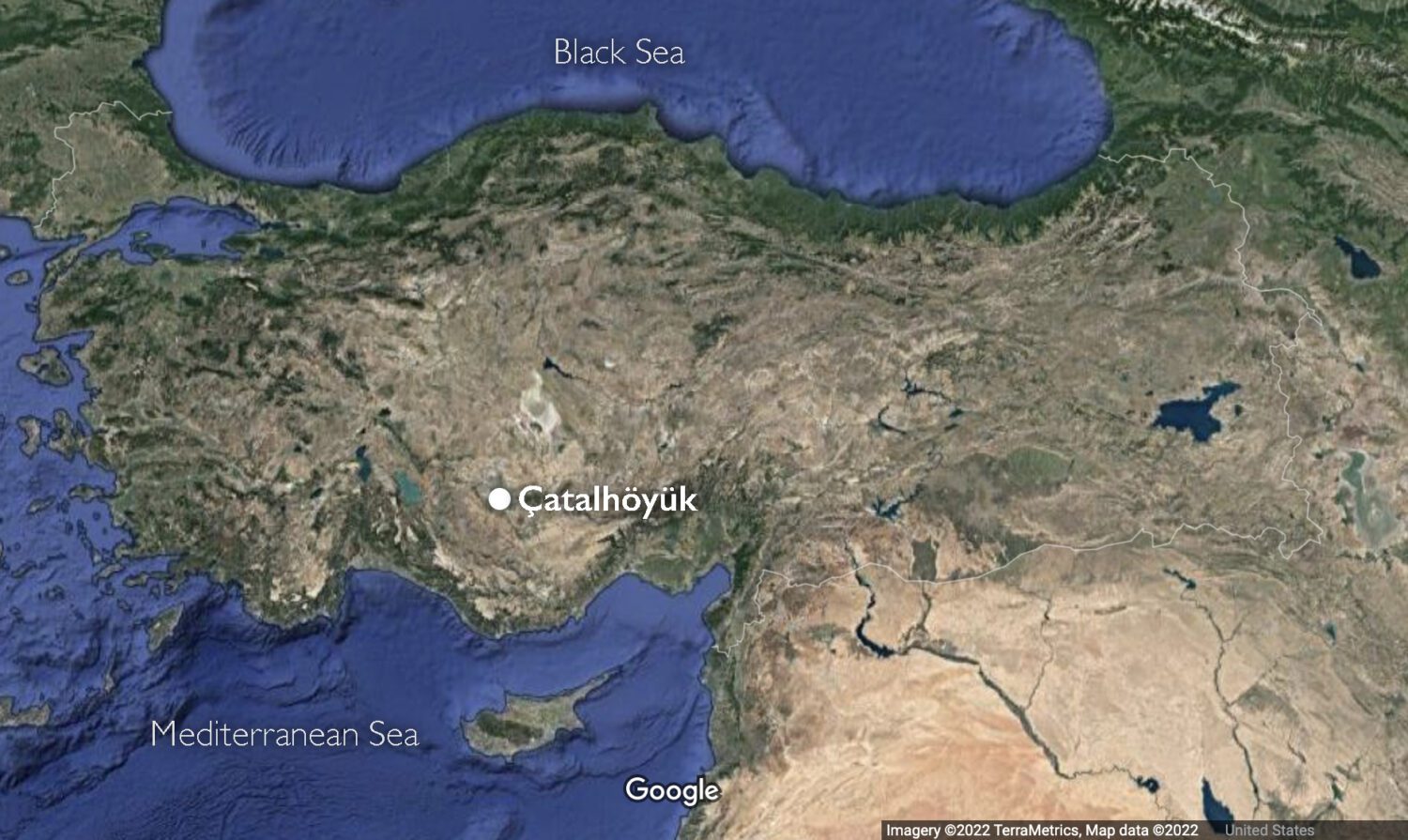The government led by the Awami League is claiming to commit to free and fair general elections due to take place on 7 January 2024 while simultaneously the state authorities are filling prisons with members of the political opposition and are responsible for using excessive force, enforced disappearances, torture and extra-judicial killings.
The country’s main opposition Bangladesh Nationalist Party (BNP) and its allies have decided to boycott the election saying it will be rigged by the ruling Awami League (AL).
The opposition demands that the government resigns and transfers power to a neutral caretaker administration to oversee the polls, but it has been strongly rejected by the Awami League.
Massive repression during the election campaign
Since the mass political rally organized by the BNP on 28 October against the ruling government, led by Prime minister Sheikh Hasina, at least 10,000 opposition activists have been arrested. Many others have fled their homes to avoid arrest and have gone into hiding. There is no more room left in the prisons, according to Human Rights Watch, which says that at least 16 people have been killed and over 5,500 people have been injured.
At the end of November, Nahid Hasan, a reporter for the news website Jagonews24.com was attacked in the capital Dakha while he was reporting on a clash involving students of the ruling Awami League. The aggressors were Tamzeed Rahman, a local leader of the Awami League’s Youth Wing with about 20-25 men. They grabbed him by the collar, slapped and beat him until he fell to the ground where they continued to kick and stomp on him. This was the latest episode so far of a series of attacks on media people by supporters of the 14-party alliance led by Awadi League.
Attacks, surveillance, intimidation and judicial harassment of the press over the past several years have led to widespread self-censorship in the media.
Over 5,600 cases related to freedom of expression, including those of prominent journalists and editors, are still pending under the much-criticised draconian Digital Services Act, according to the United Nations.
UN concerns about mass arrests
On 13 November, the UN Human Rights Council completed its periodic review of the human rights situation in Bangladesh during which dozens of NGOs complained about the egregious violations of human rights by the Awami-led government.
On the next day, 14 November, Ms. Irene Khan, Special Rapporteur on the promotion and protection of the right to freedom of opinion and expression; Mr.Clément Nyaletsossi Voule; Special Rapporteur on the rights to freedom of peaceful assembly and of association; and Ms. Mary Lawlor, Special Rapporteur on the situation of human rights defenders, denounced the severe crackdown against workers demanding fair wages and political activists calling for free and fair elections. They also condemned judicial harassment of journalists, human rights defenders and civil society leaders, as well as the failure to reform laws suppressing freedom of expression.
The statement of the UN Special Rapporteurs was in line with another UN declaration on 4 August 2023 denouncing pre-election violence, calling for police “to refrain from excessive use of force amid recurring violence and mass arrests ahead of general elections.” According to a UN spokesperson, “Police, alongside men in plain clothes, have been seen using hammers, sticks, bats and iron rods, among other objects, to beat protestors.”
Concerns of the United States
In September 2023, the United States began imposing visa restrictions on Bangladeshi officials found responsible for “undermining the democratic election process in Bangladesh.” The US could also consider additional sanctions against those with command responsibility for the abuses being carried out now. The principal target of these sanctions is the ruling Awadi League party, the law enforcement forces, the judiciary and security services.
With this measure, the Biden administration remains consistent with its policy towards the Awami-led ruling government. In 2021 and 2023, it left Bangladesh out of the two “Summit for Democracy” events, although it had invited Pakistan (ranking lower than Bangladesh on various democracy indexes, including Freedom House’s Freedom in the World Index and the Economist Intelligence Unit’s Democracy Index).
On 31 October, US Ambassador Peter Haas declared “Any action that undermines the democratic elections process – including violence, preventing people from exercising their right to peaceful assembly, and internet access – calls into question the ability to conduct free and fair elections.”
In early November, Awami League leaders repeatedly threatened to beat or kill Haas.
Concerns of the European Union about the elections
On 13 September, Commissioner for Cohesion and Reforms, Elisa Ferreira, delivered a speech on behalf of High Representative/Vice-President Josep Borrell about the human rights situation in Bangladesh stressing that “the EU remains concerned over the reports on extrajudicial killings and enforced disappearances in Bangladesh.”
She stressed that the EU joins the United Nations’s calls for an independent mechanism to investigate enforced disappearances and extrajudicial killings. Bangladesh should also allow a visit by the United Nations Working Group on Enforced Disappearances.
On 21 September, the European Union decided not to send a full team of observers during Bangladesh’s upcoming national elections citing budgetary constraints.
On 19 October, the EU officially informed the Election Commission (EC) of Bangladesh that it will send a four-member team to observe the upcoming national election, according to The Business Standard. According to the letter sent through the Ministry of Foreign Affairs, the team will visit Bangladesh from 21 November 2023 to 21 January 2024 to observe the polls.
The EU did not send any observers in the last two national elections in 2014 and 2018 won by the Awadi League. In 2014, the Bangladesh Nationalist Party, the largest opposition party, boycotted and will do it again in January 2024.
The EU had sent a full-fledged mission in the 2008 elections when it deployed the largest international observation mission in Bangladesh with 150 observers from 25 EU Member States, plus Norway and Switzerland.
Several foreign governments have repeatedly called for free and fair elections in Bangladesh.
Trade relations between the EU and Bangladesh as a tool of possible soft power
Due to the commercial privileges granted to Bangladesh, the EU has the capacity, beyond its formal hopes and wishes, to urge its government to guarantee free and fair elections.
The EU works closely with Bangladesh in the framework of the EU-Bangladesh Cooperation Agreement, concluded in 2001. This agreement provides broad scope for cooperation, including human rights.
The EU is Bangladesh’s main trading partner, accounting for around 19.5% of the country’s total trade in 2020.
The EU imports from Bangladesh are dominated by clothing, accounting for over 90% of the EU’s total imports from the country.
The EU exports to Bangladesh are dominated by machinery and transport equipment.
Between 2017 and 2020, EU-28 imports from Bangladesh reached on average €14.8 billion per year, which represents half of Bangladesh’s total exports.
As a Least Developed Country (LDC), Bangladesh benefits from the most favourable regime available under the EU’s Generalised Scheme of Preferences (GSP), namely the Everything But Arms (EBA) arrangement. EBA grants the 46 LDCs – including Bangladesh – duty-free, quota-free access to the EU for exports of all products, except arms and ammunition. Human Rights Without Frontiers urges the EU to energetically use its soft power to put in balance Bangladesh’s respect of human rights ahead of the elections and its commercial privileges.



